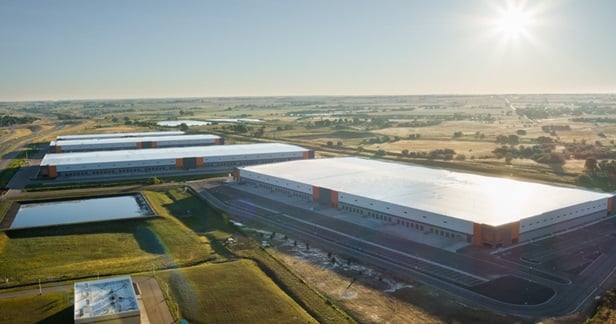"I thought that with the market changing the way it has, if ever there was a time when people could benefit from my services and my 20 years in the business, this is it," Bortnick says. "There has never been a bigger need for landlords to have someone who knows how to lease in a bad market as opposed to those who know how to lease only in a good market."
Bortnick says that before the market turned, the leasing of retail space "had become a commodity" during the recent boom years because so many prospective tenants were vying for the same space. Now, however, "It takes more work to lease space because the decision-making process is slower, especially for the mom-and-pop tenants that rent much of the shop space," Bortnick says. On the other hand, he adds, "Markets like this also create great opportunities for tenants" who may finally be able to get into some of the locations that they have been trying to get into for years.
Bortnick says that although he learned much about the development business in the year he spent with Carlsbad, CA-based Foursquare Properties before launching Argent, "I had been getting the call to run my own shop." Before Foursquare, Bortnick spent 14 years as a senior leasing executive with San Diego-based Pan Pacific Retail Properties, followed by a term as president of Irvine, CA-based REZA Investment Group.
Argent's plan is to serve Los Angeles, Orange, Riverside and San Bernardino counties, plus the northern portion of San Diego County. [IMGCAP(2)]The firm has launched with a Los Angeles office headed by managing director Daniel Firtel, also formerly with Reza Investment Group, where he was director of investment sales. With Bortnick in Dana Point and Firtel in Los Angeles, "We want to try to take on projects that are within an hour's drive of one of us because being close to our clients is true to the mantra of our company, which is hands-on real estate solutions," Bortnick says.
Argent's goals include "working with landlords we like and respect—and who respect us—and working on projects where we feel that our expertise can really make an impact," the Argent founder says. He believes that the full impact of the economic downturn and rising fuel costs has yet to be felt in retail because most retailers, even the small ones, have a certain amount of funding in reserves to keep them in business during slow times. "We are about a year into this credit meltdown, so I suspect that we will see the effects of it more in the next four or five months than we have in the past 12," Bortnick says.
As in all downturns, Bortnick notes, fundamentals come to the fore. In the retail sector, that means that "Location is still the key, and a well-located grocery-anchored center in L.A. or Orange County is going to hold up a lot better than a poorly located center in a secondary or tertiary area," Bortnick comments. The downturn means fewer new retail projects in new growth areas like the Inland Empire, which could have a positive effect in terms of keeping oversupply in check, he observes. But Orange County and Los Angeles are already so built-out that new supply coming onto the market has not been a significant factor, he adds.
Continue Reading for Free
Register and gain access to:
- Breaking commercial real estate news and analysis, on-site and via our newsletters and custom alerts
- Educational webcasts, white papers, and ebooks from industry thought leaders
- Critical coverage of the property casualty insurance and financial advisory markets on our other ALM sites, PropertyCasualty360 and ThinkAdvisor
Already have an account? Sign In Now
© 2024 ALM Global, LLC, All Rights Reserved. Request academic re-use from www.copyright.com. All other uses, submit a request to [email protected]. For more information visit Asset & Logo Licensing.








